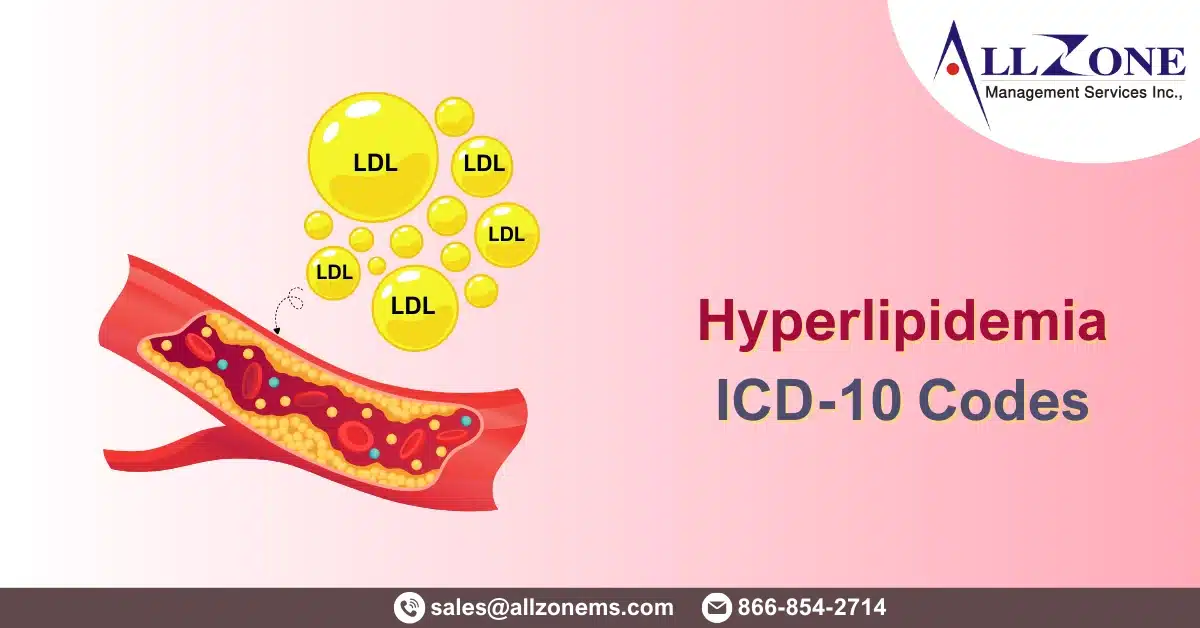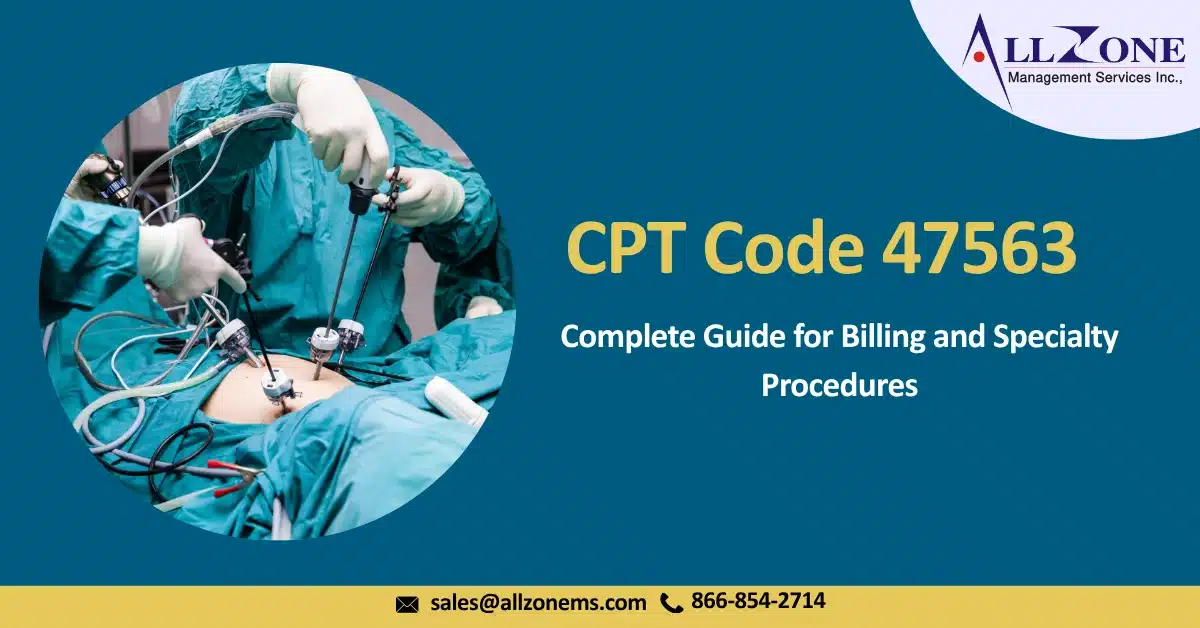Hyperlipidemia is one of the most commonly diagnosed chronic conditions in clinical practice, significantly increasing the risk of cardiovascular disease, stroke, and metabolic disorders. With the rising prevalence of lipid disorders, accurate ICD-10 coding for hyperlipidemia has become essential for proper documentation, reimbursement, and compliance. Even minor coding errors can lead to claim denials, underpayment, […]
In today’s complex healthcare billing environment, patients are increasingly paying out-of-pocket for medical services and later seeking reimbursement from their insurance plans. This shift has made the Direct Member Reimbursement (DMR) form an essential component of the revenue cycle for both patients and healthcare providers. A Direct Member Reimbursement form allows insured members to request […]
The Healthcare Common Procedure Coding System (HCPCS) Level II plays a critical role in reporting supplies, non-physician services, and durable medical equipment not captured by CPT® codes. Among these alphanumeric codes, HCPCS Level II D codes are specifically designed to represent dental procedures and services. While primarily associated with dental billing, D codes are increasingly […]
Accurate modifier usage is one of the most important elements in achieving clean claim submissions and full reimbursement in surgical billing. Among the lesser-used but extremely important surgical modifiers is Modifier 81 – Minimum Assistant Surgeon. Many practices overlook or misuse this modifier, leading to preventable denials, delayed payments, and compliance issues. This comprehensive guide […]
In today’s highly regulated healthcare environment, CPT and ICD code compliance isn’t just about accuracy—it’s about protecting your revenue, safeguarding against penalties, and ensuring smooth reimbursements. Healthcare providers and billing teams face increasing pressure to align with payer rules, CMS guidelines, and continuous code updates. A single coding error can result in denied claims, delayed […]
CPT Code 47563 refers to a laparoscopic cholecystectomy, a minimally invasive surgical procedure to remove the gallbladder. This code is widely used in general surgery and gastroenterology specialties. Accurate usage of CPT Code 47563 is critical for proper reimbursement, denial prevention, and compliance with medical billing regulations. At Allzone, we specialize in providing comprehensive medical […]
Introduction In medical billing, modifiers play a vital role in explaining the circumstances under which a service or procedure was performed. One such important modifier is Modifier 76, which helps billers and coders indicate when a repeat procedure or service is performed by the same physician or qualified healthcare professional. Accurate use of Modifier 76 […]
Introduction In medical billing, claim rejections and denials are inevitable—but understanding why they occur is the key to fixing them. One of the most important tools for decoding these denials is the Claim Adjustment Reason Code (CARC). Each CARC provides specific information about why a claim or a service line was adjusted, denied, or paid […]
Vitamin D plays a vital role in maintaining healthy bones, supporting the immune system, and regulating calcium absorption. However, deficiencies in this essential nutrient are common worldwide, often leading to fatigue, bone pain, muscle weakness, and long-term complications like osteoporosis. For healthcare providers, accurately documenting and coding vitamin D deficiency is essential not only for […]
Accurate medical billing is the backbone of any successful healthcare practice. Even the smallest error in coding or modifier usage can lead to denials, payment delays, or compliance issues. Two important modifiers that play a critical role in drug and biological billing are JW Modifier and JZ Modifier. Understanding when and how to use them […]










